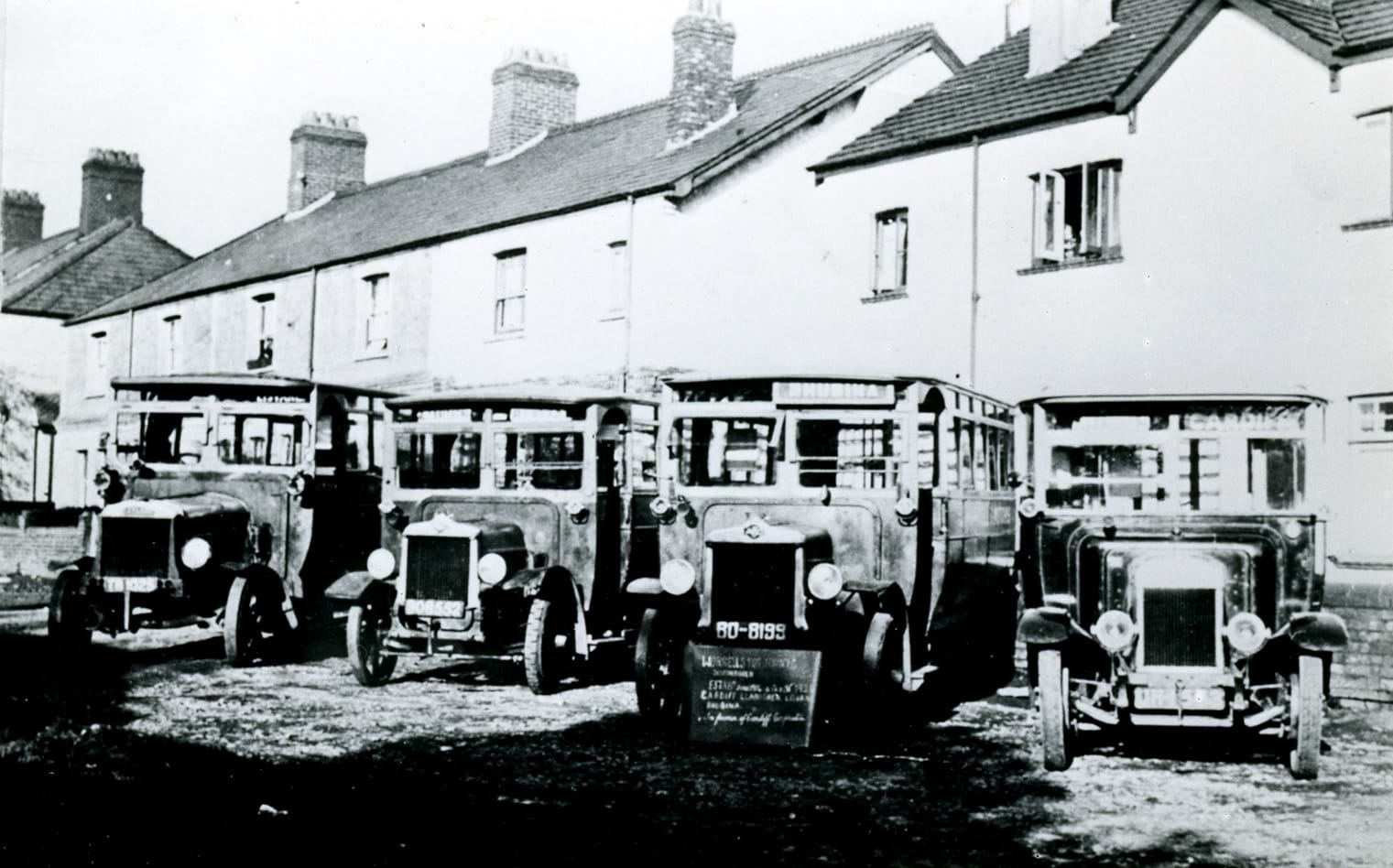
Three Ingenious Strategies for Reducing your Fleet’s Fuel Costs in 2012
Last weekend I ran out of petrol… Again…
“How the hell did you do that!” you might ask.
Well I could go into the details about my faulty fuel gauge, or give excuses about my warning light-bulb being blown. Either way, I still had to walk the 10km round trip to the closest petrol station (of course it was in the rain).
During my damp and depressing walk (and after I had calmed down and stopped cursing my luck) I started to think.
And what do you think I thought about as the rain drummed down on my noggin?
Yep, that’s right, petrol.
I started thinking about the price rises, my usage, and I tried to figure out a way to make sure I would never run out of fuel again (and save money in the process).
If you’re in a company or industry where minimising the impact of oil price-rises on your bottom line will be beneficial to you, then here are three strategies for reducing your Fleet’s fuel costs this year.

Keep your trucks running longer, on less petrol.
Streamline your Fuel Procurement
Managing your fuel costs doesn’t mean; keeping the receipts after you fill up at the petrol station (though it doesn’t take too much more organisation than that). You can benefit from huge savings by planning predictable fuel spending habits.
Fuel analysts note that oil prices swing by about five cents per Litre, up or down on any given day.
If you’re buying thousands of litres at a time, buying at the wrong time can be devastating to your company’s bottom line.
If your company stores fuel, predicting demand, monitoring current fuel stocks, and buying at the best price are some of the easiest ways to reduce your fuel costs.
However, if your fleet runs long-hauls, you may not have the luxury or ability to fill up on-site. One method for you, is to consider fuel optimisation programs.
These mapping systems indicate where to refuel and how many litres at each station, to help you minimise costs.
Improve your Operations Efficiency and Fleet Management
Any savings you’ve achieved from purchasing fuel at low prices can be squandered if you are transporting with an inefficient fleet.
Many obvious efficiency improvements, such as streamlined trailer aerodynamics, retrofitting the engine for renewable fuel use, or purchasing more efficient trucks, all require large investments.
However, there are a number of ways you can get the most out of each trip, without spending a lot.
With deadlines, traffic jams, and roadworks, employing highly-skilled drivers has never been more important. Techniques such as accelerating smoothly and minimizing idling can improve fuel efficiency by five to 20 percent!
By routinely monitoring things like tyre air-pressure, speed, and air filters, you will see a lot more kilometres covered between each fill up.
Driver action can directly influence fuel consumption:
- A three percent decline in air pressure can negatively impact fuel efficiency by one percent.
- For every 15 Km/h over 80 Km/h, you will consume 10 percent more fuel.
- A 100 truck fleet operator can add over $700,000 to his bottom line by improving fuel efficiency by just half a kilometre per litre.
Plan better delivery routes and shipment loads.
The final strategy for reducing your fuel costs, is to plan more intelligent routes and shipments.
This can be done by tracking routes that ensure the fewest number of stops in the shortest possible distance.
The resulting efficiency gains can help your fleets make more deliveries with similar operating hours. When used in conjunction with a well-trained dispatcher. This can be a great way to minimise aspects of the drive that impact negatively on fuel consumption, i.e. time spent in commuter lanes.
Finding and mapping the best routes possible can be complemented by planning your load to ensure trucks leave fully-stocked. This reduces return trips, limits fuel surcharges, and can also help you make difficult decisions.
Examples of this occur when faced with a decision to drop off the heaviest load first – even if it’s the farthest away – allowing you to make the rest of the trip with a lighter, more efficient vehicle.
If you put these simple strategies in place, you will be prepared to deal with the high fuel prices of today and tomorrow. By reducing the impact of rising fuel prices, you and your fleet can maintain competitiveness, without sacrificing the bottom line.
What strategies, tips or tricks can you share with us about your fuel saving endeavours?